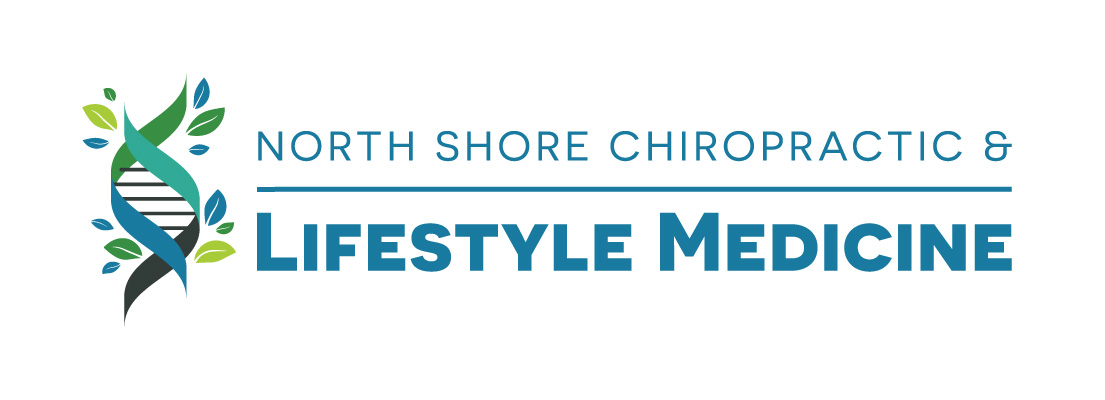Does our diet affect our immune system?
August 17, 2022
Living with viruses
What we eat greatly affects our immune system. And yet, most of us do not know what to eat to promote good health. Functional Nutrition is about finding the right way for each of us as individuals to eat/use food to maximize the potential for health and reverse dysfunction or disease. There is no single “right diet” that applies to all of us. We have different genetic backgrounds, different preferences, and different lives. We all want to be healthy, but most of us have not figured out just how to make food and dietary patterns serve that goal.
In the last 6 or 7 decades, changes in food supply (and in how we use it) have contributed strongly to the growing epidemic of chronic disease, and vulnerability to viruses.
Food is information, not just energy (calories). Food actually tells our bodies how to function by signaling exactly when and how each different type of cell should behave in every situation. We want the very best information to reach our cells to achieve optimal functioning. This is the connection between food and our immune system.
There are 3 basic elements in our diets:
- Macronutrients, the proteins, fats, and carbohydrates that are the building blocks of all food.
- Micronutrients, vitamins, and minerals.
- Phytonutrients, plant derived substances that have positive effects on health.
Processed foods and genetically modified food alter the food supply and interfere with the best uses of these basic elements.
Eat fresh, eat color, eat texture. The best-selling author Michael Pollan advises us to eat real food, not too much, mostly plants.
Food also represents connection with our families and friends. Preparing and eating food together, affirms cultural bonds, enjoying celebrations, and ceremonies.
Our relationship to food and with the community we share our food with is essential to our immune health.
